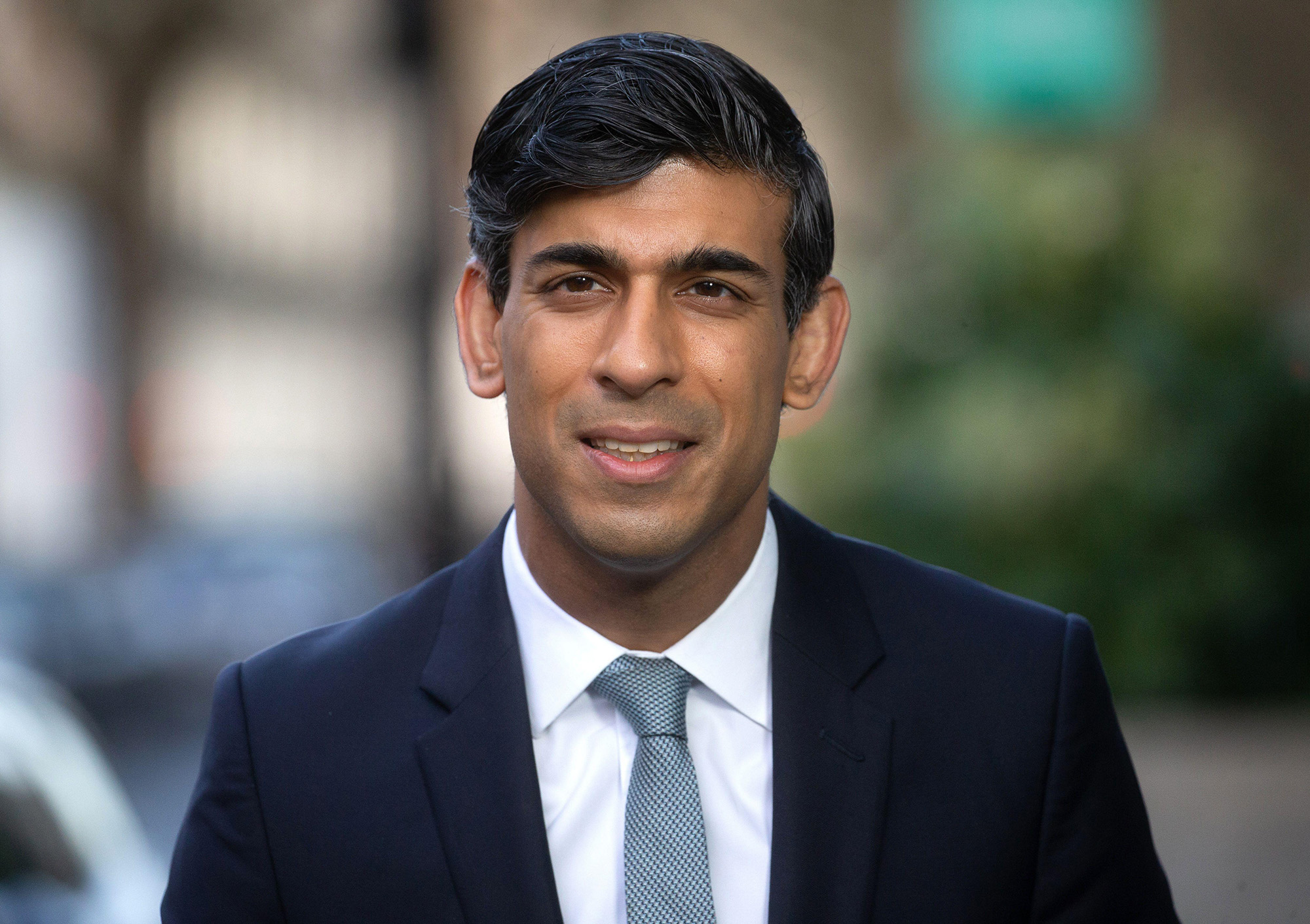Johnson And Sunak Self-Isolation U-Turn Plunges Government Into Chaos Ahead Of "Freedom Day"
4 min read
The government was in chaos on Sunday morning when Boris Johnson and Rishi Sunak hastily pulled out of a pilot scheme that was set to exempt them from self-isolation rules.
Downing Street U-turned in less than three hours, with a spokesperson confirming the Prime Minister and Chancellor of the Exchequer would be self-isolating as normal after coming into contact with Health Secretary Sajid Javid, who tested positive for the coronavirus on Saturday.
Opposition parties expressed outrage earlier this morning when Downing Street said its participation in a mysterious daily testing scheme meant the pair would continue doing "essential work" in their offices, and would self-isolate when not in work.
However, the government moved quickly to scrap the plan, likely amid fears that it would provoke a huge public backlash akin to the uproar caused by Dominic Cummings' controversial trip to Barnard Castle last summer.
In other developments:
- Professor Neil Ferguson of Imperial College London said England recording 1,000 hospitalisations a day this summer was "almost certain."
- Fully-jabbed Brits returning from France must quarantine from Monday, the government announced late on Friday, unleashing chaos on travellers.
- Downing Street is under pressure from Conservative MPs to rethink its "culture war" tactics after an embarrassing clash with the England football team.
Jonathan Ashworth, the Shadow Health Secretary, this morning described the pilot scheme, which Downing Street said had over 20 participating organisations including National Rail, Transport for London and Border Force, as a "VIP lane" in an interview with the BBC's Andrew Marr.
“There will be parents across the country who have struggled when their children have been sent home because they were in a bubble and had to isolate," he said.
“There will be workers across the country who have to isolate when pinged, including in public services like the NHS.
“This looks like one rule for Boris Johnson and Rishi Sunak and something else for the rest of us.
“At a time when we need to maintain confidence in self isolation, people are going to look at this and wonder what on earth is going on."
Robert Jenrick, the Secretary of State for Housing, Communities and Local Government, insisted the pilot scheme was "well-known and long-standing" and that Downing Street had been taking part "for some time," in an interview with the Marr before the U-turn was announced.
However, Jenrick admitted in an interview with Sky News he understood why members of the public might feel frustrated by Johnson and Sunak being exempt while hundreds of thousands of people nationwide self-isolate. Half a million self-isolation alerts were sent to people in the first week of July.
“This isn’t available to the wider general public yet and I appreciate the frustration they might feel listening to this," the minister said.
"They like me and other members of the public who are pinged will have to self-isolate in the usual way and that's a really important part of our plan to keep Covid under control."

Whether the speed of Downing Street's U-turn abates public anger remains to be seen.
Labour leader Keir Starmer said: "Yet again the Conservatives fixed the rules to benefit themselves, and only backtracked when they were found out. They robbed the bank, got caught and have now offered to give the money back."
Andy Burnham, the Labour Mayor of Great Manchester, tweeted "this U-turn is nowhere near good enough" and called for more "grip, clarity and leadership" as England prepares for so-called "freedom day" on Monday.
All legal coronavirus restrictions in England set to be dropped tomorrow, despite concerns over the rapidly-growing number of Covid cases.
Jenrick said the current wave of Covid is not expected to peak until "late August, maybe even early September." 54,674 cases were reported on Saturday, the highest since mid-January.
Professor Neil Ferguson of Imperial College London in an interview with the BBC's Marr it was "very difficult to say for certain" how high case numbers would reach at the peak but said 100,000 cases and 1,000 hospitalisations a day this summer as almost certain.
"The real question is do we get to double that, or even higher? That’s where the crystal ball starts to fail," he said, adding that limiting daily hospitalisations to 1,000 would constitute a success.
If England does reach 2,000 hospitalisations a day, the health service would come under severe strain, Ferguson said, with "major disruption of services, cancellation of elective surgery, and the NHS backlog getting longer and longer."
He added that 500,000 people were expected to develop long Covid during this current wave, on top of the one million people who are estimated to already have it.
PoliticsHome Newsletters
PoliticsHome provides the most comprehensive coverage of UK politics anywhere on the web, offering high quality original reporting and analysis: Subscribe
